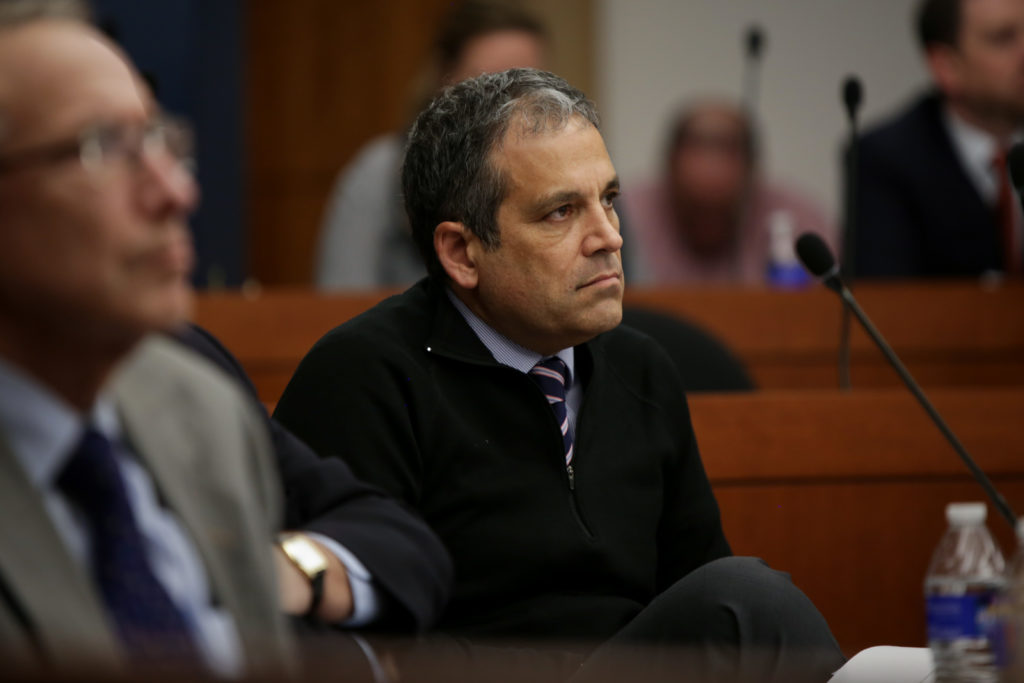Trustees, faculty, alumni and students will soon have an opportunity to give Provost Forrest Maltzman a job performance review.
The Faculty Senate approved a resolution Friday establishing a communitywide review of the provost at least every three years. The University president will oversee and create the review process, which will culminate in a report to the Faculty Senate’s executive committee detailing the administration’s “general conclusion,” the resolution states.
The review now awaits approval from the Board of Trustees, which will consider the measure at its February meeting.
Maltzman said he welcomed the review and “really did not understand” why the University conducted regular reviews of deans but not the provost. The setup of the evaluation was based on similar processes at other universities, he said.
“The decanal reviews have been extremely helpful, and I would love the same feedback,” Maltzman said in an email.
University President Thomas LeBlanc said a review of the provost is not “uncommon” and added that he was the first provost at the University of Miami to undergo a communitywide review.
“Given that we have regular reviews of the president, the deans, department chairs, faculty – you could say final exams are reviews of the students – it makes perfect sense to have a regular review of the provost, so this is not surprising to me,” LeBlanc said. “I think it’s just cleaning up something that was left out in the past.”
LeBlanc will also undergo a communitywide review for the first time this spring.
Sylvia Marotta Walters, the chair of the Faculty Senate and a professor of counseling and human development, said the review was a request directly from the provost and was not previously outlined in the code.
“I think the amendment to the code to review the provost benefits the entire University since community members, as well as the administration, can now weigh in on the provost’s performance,” Walters said.
Chris Bracey, the vice provost for faculty affairs, said Maltzman wanted to establish a review process similar to the evaluations conducted of deans of the law school and the Columbian College of Arts and Sciences, which Bracey said have been “successful” and “well-received.”
“There is a precedent and guidance that can be brought to the process,” Bracey said. “So it’s not going to be as onerous as it otherwise would appear to be.”
But Anthony Yezer, an economics professor, said that adding input from administrators, faculty, trustees and alumni to the president’s regular review of the provost seems “curious” and “potentially wasteful” because the president is capable enough to review the provost without community input.
“I find it just striking that we have all these details for how the president should evaluate the provost,” he said. “It looks to me like we’re just making extra work and paperwork for the whole process.”
Madeleine Deisen contributed reporting.





